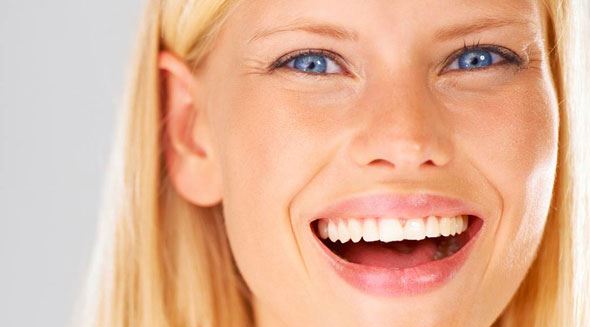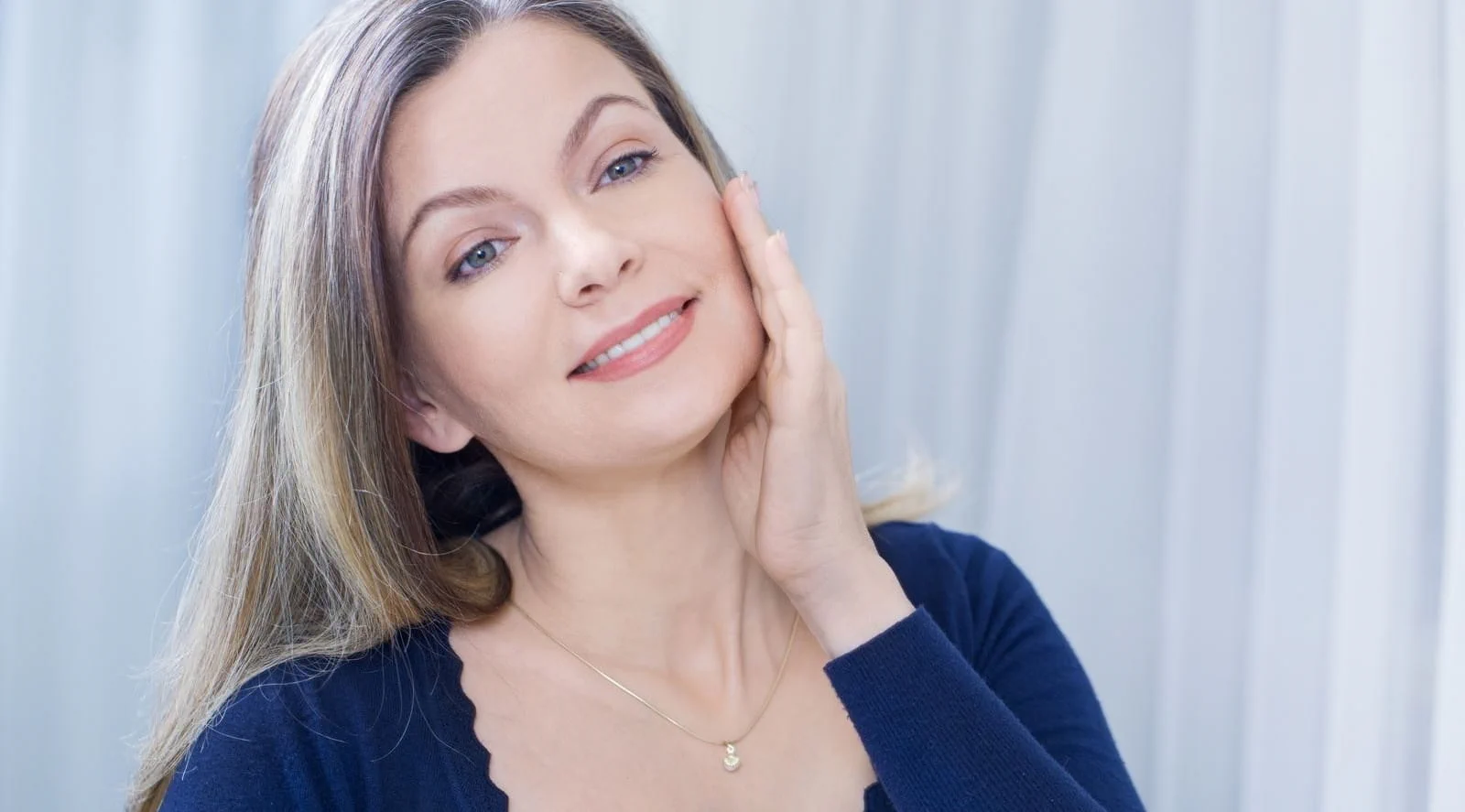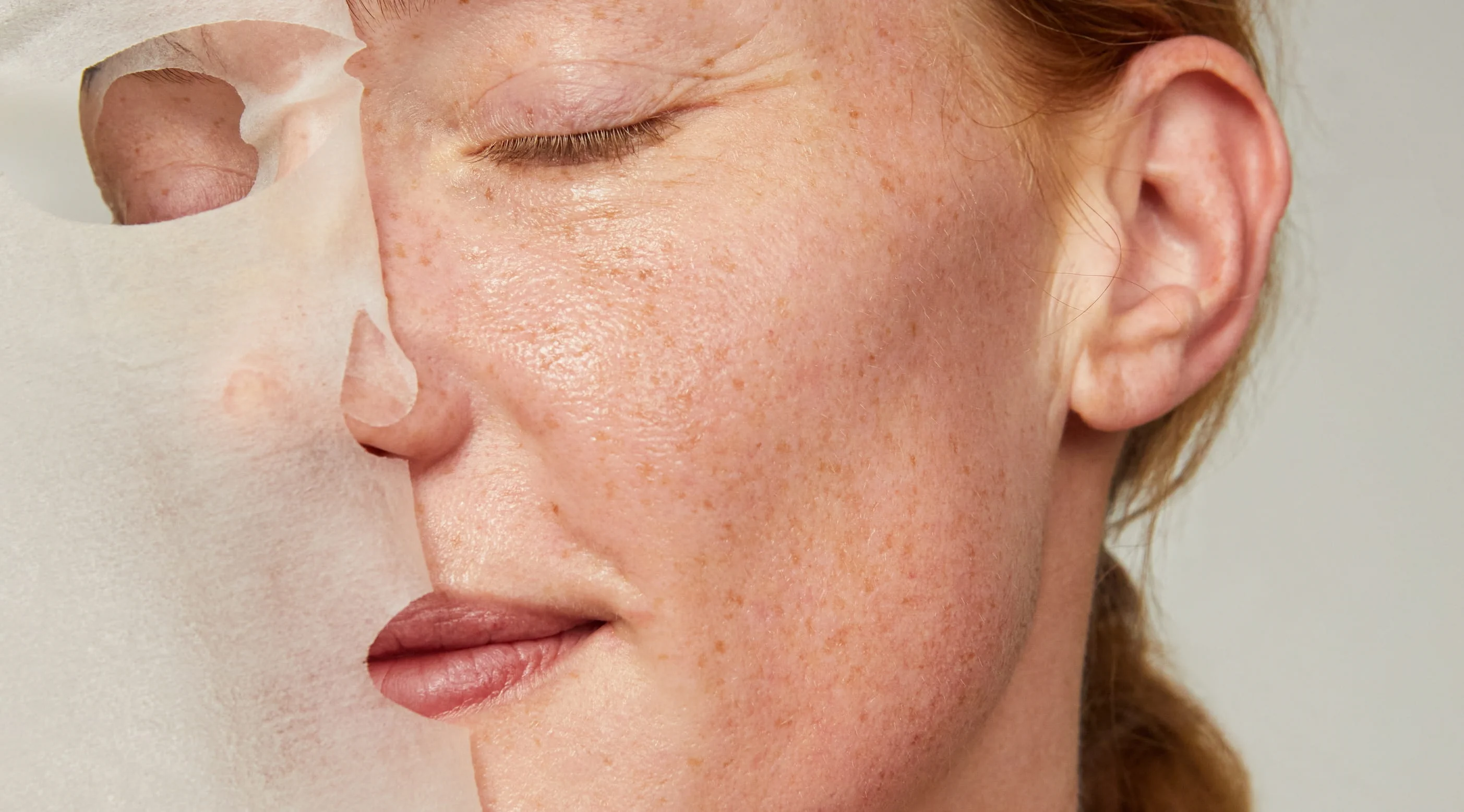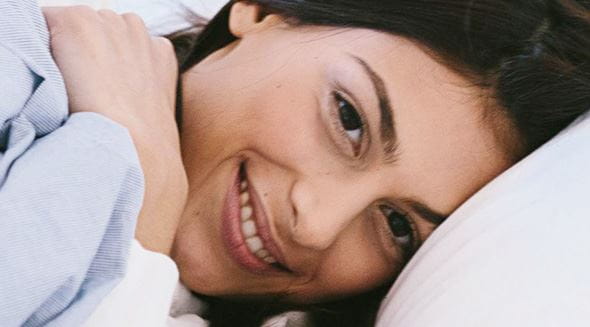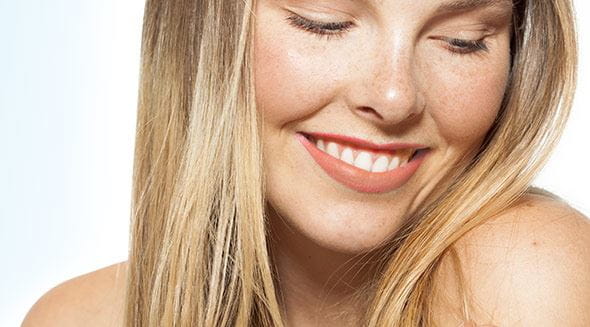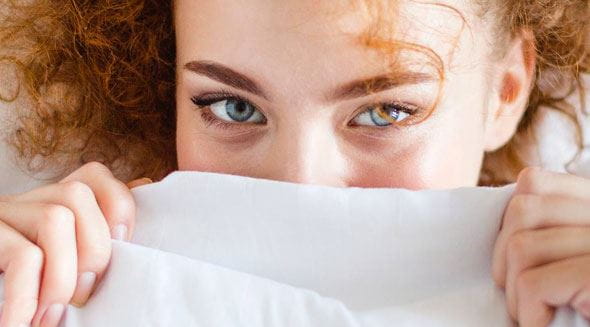1. Maintain a consistent skincare routine
Before deciding on the right skin care product, determine what type of skin you have. It is important you are choosing the right ingredients in your skincare products to target any specific concerns. Develop a routine:
- Remove your make-up thoroughly – don’t let it block or irritate your pores. Face wipes are always handy for this.
- Cleanse – use a good cleanser suited to your skin type that will keep your skin fresh and free from excess oil, without drying it out. Try our Derma Skin Clear Wash Gel
- Exfoliate – remove dead skin cells. They can build-up and clog pores. A good option for blemish prone skin is NIVEA’s Derma Skin Clear Face Scrub
- Moisturise – keep your skin balanced with a light, oil-free formulation for pimple prevention.
2. Minimise Stress
This is easier said than done! Stress affects our physical health and can cause physical symptoms, including pimples. Taking some time to exercise, take a bath or meditate is great to reduce stress.
Try implementing these activities in your everyday life to minimise stress levels:
- Journaling
- Breathing exercises
- Light exercise such as walking
- Mindful meditation
- Relaxing bath
- Plus, try to organise your daily schedule in a way that you can treat yourself to moments of “me time”.
3. Follow a skin-healthy diet
A skin-friendly diet should include low-glycemic, anti-inflammatory foods, while limiting sugary and processed foods. Look out for foods containing these four key nutrients:
-
Vitamin A – reduces sebum and helps skin cells regenerate. Try spinach, carrots, kale, papaya, cantaloupe or sweet potatoes.
- Antioxidants – help fight free radicals in your body. Try cocoa, a small square of dark chocolate a good antioxidant fix.
- Vitamin C – helps the skin produce collagen for a fresh-looking complexion. Try citrus fruits, broccoli or bean sprouts.
- Omega-3 and omega-6 – help keep your skin supple. Try salmon, avocados, nuts and olive oil for more unsaturated fatty acids.
Always remember to drink plenty of water or unsweetened tea to help flush out toxins and avoid drinking soft drinks if you can.
4. Use a non-comedogenic moisturiser
Moisturisng daily helps support the natural skin barrier and maintain adequate hydration. Using a non-comedogenic moisturiser can help prevent pimples by hydrating the skin without clogging pores, reducing the risk of excess oil, buildup, and breakouts. This is ideal for acne prone or oily skin.
5. Regularly wash your hair
Washing your hair regularly helps prevent pimples by removing excess oil, sweat, and styling product residue that can transfer from the hair to the skin. These substances can build up on the skin's surface and clog pores, leading to the formation of pimples.
6. Avoid Touching Your Face
Touching your face transfers bacteria and oil, which can worsen breakouts. Avoid picking or squeezing pimples, as this can lead to scarring and spread bacteria.
7. Consult a professional
If your adult pimples are persisting and causing you excessive grief, talk to your GP or a dermatologist. They can discuss your options around a prescription for an adult acne treatment.

